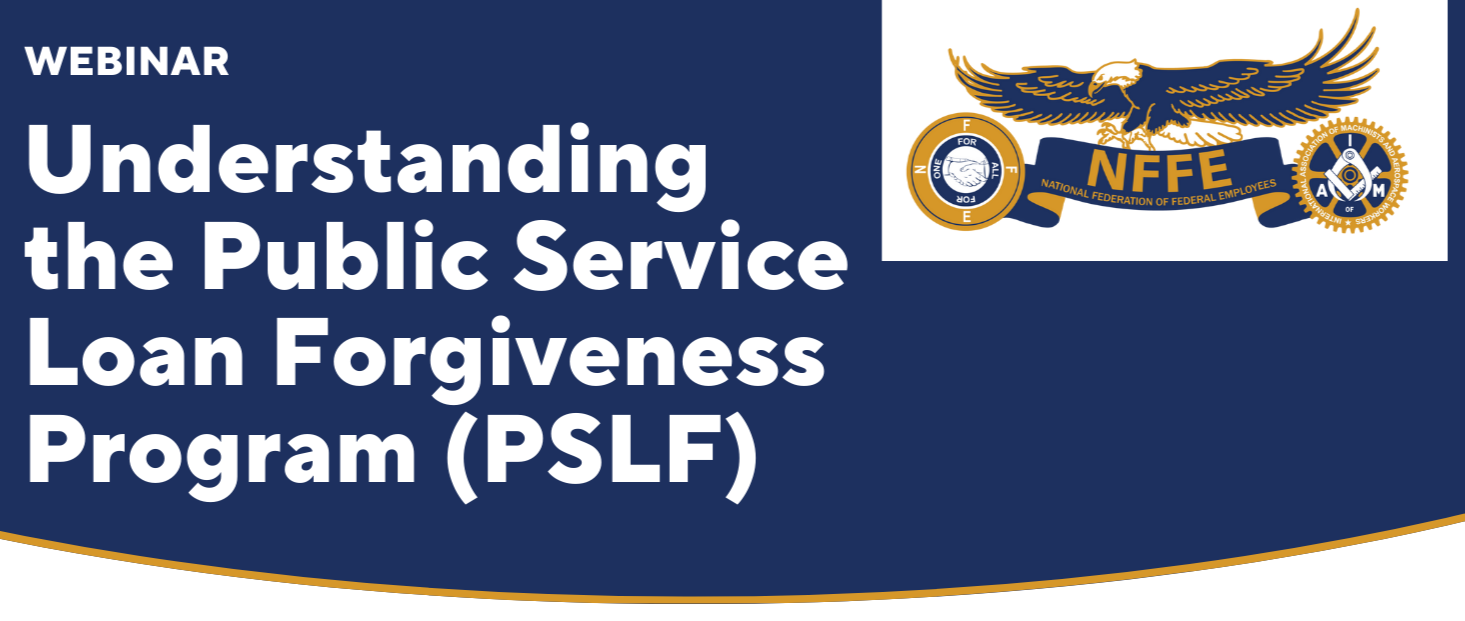Weingarten Rights
In the private sector, the U.S. Supreme Court recognized that bargaining unit employees have the right to have a union representative present in disciplinary meetings. NLRB v. J. Weingarten, Inc., 420 U.S. 251 (U.S. 1975). Federal employees have the same Weingarten rights, pursuant to 5 USC 7114 (a)(2)(B). Federal agencies are required to notify employees of their Weingarten rights on an annual basis.
Not all meetings are subject to the Weingarten rule. To trigger the Weingarten right, 1) a bargaining unit employee must be called to a meeting by an agency representative; 2) the examination must occur in connection with an investigation; 3) the employee reasonably believes that the examination may result in discipline; and 4) the employee must request representation.
If any of those four elements is not met, then the bargaining unit employee may not be entitled to Weingarten representation. It is most crucial that any employee called into an investigative interview request union representation as soon as possible – both to your local union officers and also to the agency.
If the agency asks you to waive your right to union representation at a meeting, NFFE strongly encourages you to decline to answer any questions until you have a union representative present. Even if the agency tells you that the meeting is not disciplinary in nature, if you have a good faith reason to believe that the information discussed could lead to your discipline, you have the right to request union representation.
Generally, meetings where the agency hands a bargaining unit employee a proposed or final discipline are not subject to Weingarten rights.
Union Activity
When union officials serve as representatives for a bargaining unit, they are engaged in protected conduct. This means that they cannot be disciplined for conduct that would otherwise be cause for discipline (such as shouting or pounding a fist on a table) unless the agency can show that the behavior falls under the category of “flagrant misconduct and opprobrious conduct.” The same is true of bargaining-unit employees who are asserting their workplace rights (pursuing grievances, bargaining a contract, inquiring about safety, or discussing potential discipline).
Employees, including union representatives, may not engage in physical conduct, intimidation, or threats. That is not protected activity.
Bargaining unit members are further engaging in protected activity when they peacefully picket or rally regarding issues of professional importance, on behalf of themselves and other workers, or lobbying members of Congress or the Executive Branch.
Prohibited Personnel Performance
Prohibited personnel practices are described in 5 USC 2302 (b). Such practices are banned in the federal workforce because they violate the merit system through either employment discrimination, retaliation, improper hiring practices, or failure to adhere to laws, rules, or regulations that directly concern the merit system principles.
In general, a personnel action is a significant change in duties, responsibilities, or working conditions including, but not limited to: appointments, promotions, disciplinary actions, details, transfers, reinstatements, performance evaluations, or awards.
An agency is prohibited from making a personnel action that is based on employment discrimination, merit systems violations, retaliation for protected activity (such as union activity or whistleblowing), or a violation of law, rule or regulation – including the U.S. Constitution and collectively bargained agreements.
Violations of veterans’ preference, nepotism, threats of reprisal, and censorship related to scientific research or analysis (scientific integrity) are all included as prohibited motivations for a personnel action.
A prohibited personnel practice may occur even if a supervisor recommends an action based on one of the prohibited categories.
Douglas Factors
When a supervisor disciplines an employee, the discipline must conform to the requirements of the Douglas Factors. The MSPB has established 12 factors that agencies must balance when deciding on a penalty:
- The nature and seriousness of the offense, and its relation to the employee's duties, position, and responsibilities, including whether the offense was intentional or technical or inadvertent, or was committed maliciously or for gain, or was frequently repeated;
- The employee's job level and type of employment, including supervisory or fiduciary role, contacts with the public, and prominence of the position;
- The employee's past disciplinary record;
- The employee's past work record, including length of service, performance on the job, ability to get along with fellow workers, and dependability;
- The effect of the offense upon the employee's ability to perform at a satisfactory level and its effect upon supervisors' confidence in the employee's ability to perform assigned duties
- Consistency of the penalty with those imposed upon other employees for the same or similar offenses;
- Consistency of the penalty with any applicable agency table of penalties;
- The notoriety of the offense or its impact upon the reputation of the agency;
- The clarity with which the employee was on notice of any rules that were violated in committing the offense, or had been warned about the conduct in question;
- Potential for the employee's rehabilitation;
- Mitigating circumstances surrounding the offense such as unusual job tensions, personality problems; mental impairment; harassment; or bad faith, malice or provocation on the part of others involved in the matter; and
- The adequacy and effectiveness of alternative sanctions to deter such conduct in the future by the employee or others.
Not all of the Douglas factors are pertinent in every case. If you believe discipline is being proposed against you in a manner that violates the Douglas factors, contact your local union officers as soon as possible so that they may evaluate your options.
Lobbying and Hatch Act
As a citizen of the United States of America, you have the right to seek help from your elected representatives in addressing your concerns -- including policies that affect your conditions of employment as a federal employee. You may contact your Congressional representatives on such matters as long as you are on your own time, use your personal phone/computer, and make it clear you are contacting them as a citizen and not speaking on behalf of the agency.
DO NOT CONTACT MEMBERS OF CONGRESS ON DUTY, OR ON OFFICIAL TIME, OR USING A GOVERNMENT PHONE, OR ON GOVERNMENT PROPERTY, OR USING GOVERNMENT EQUIPMENT INCLUDING GOVERNMENT EMAIL ADDRESSES.


